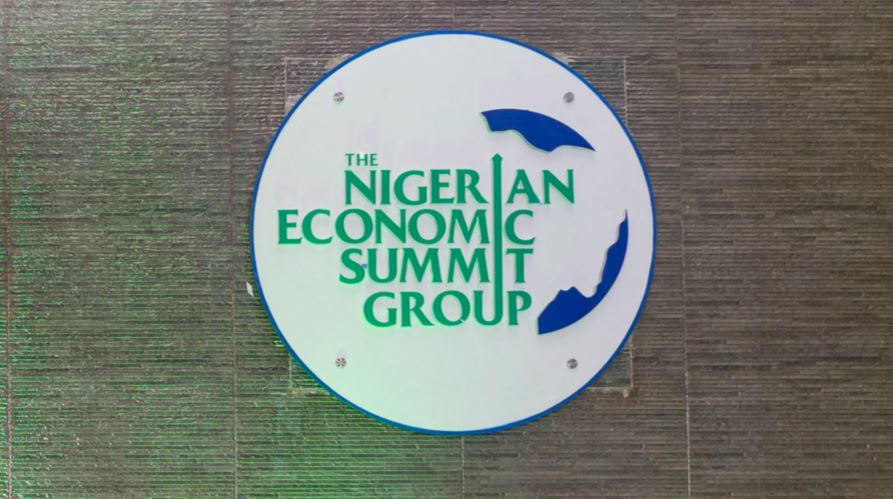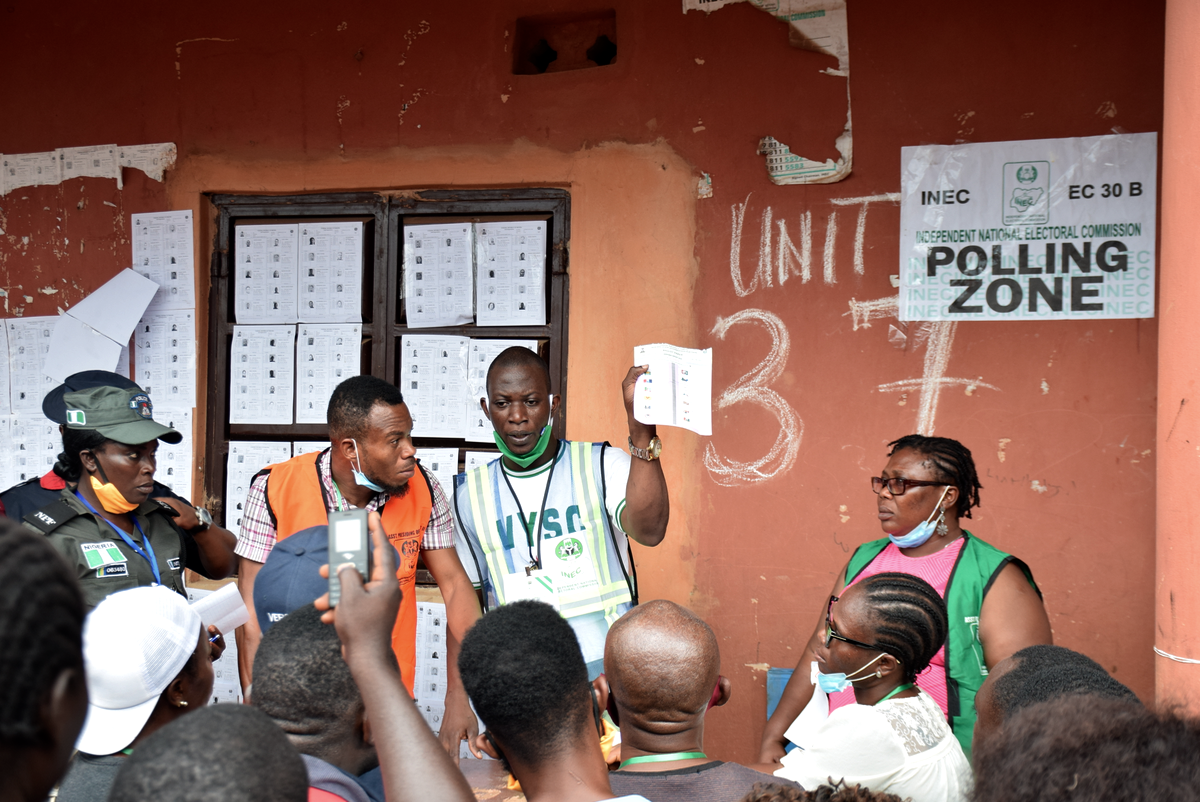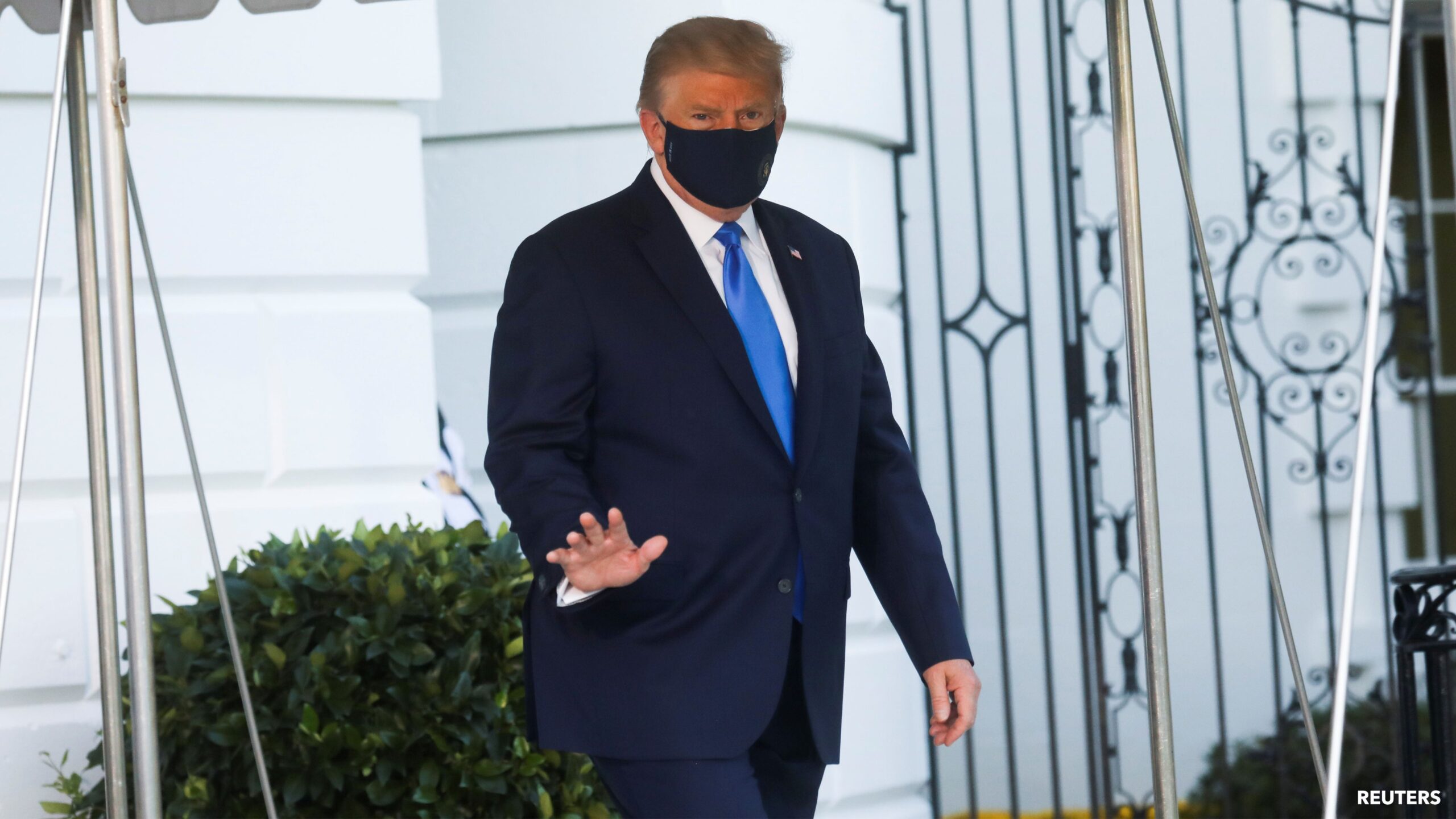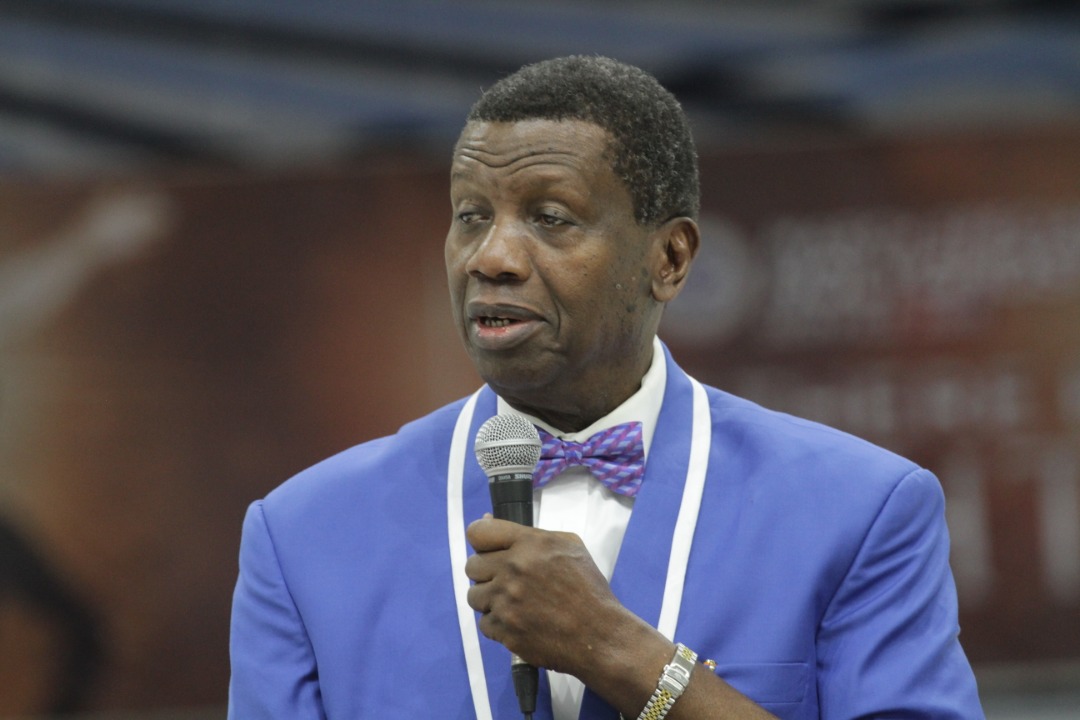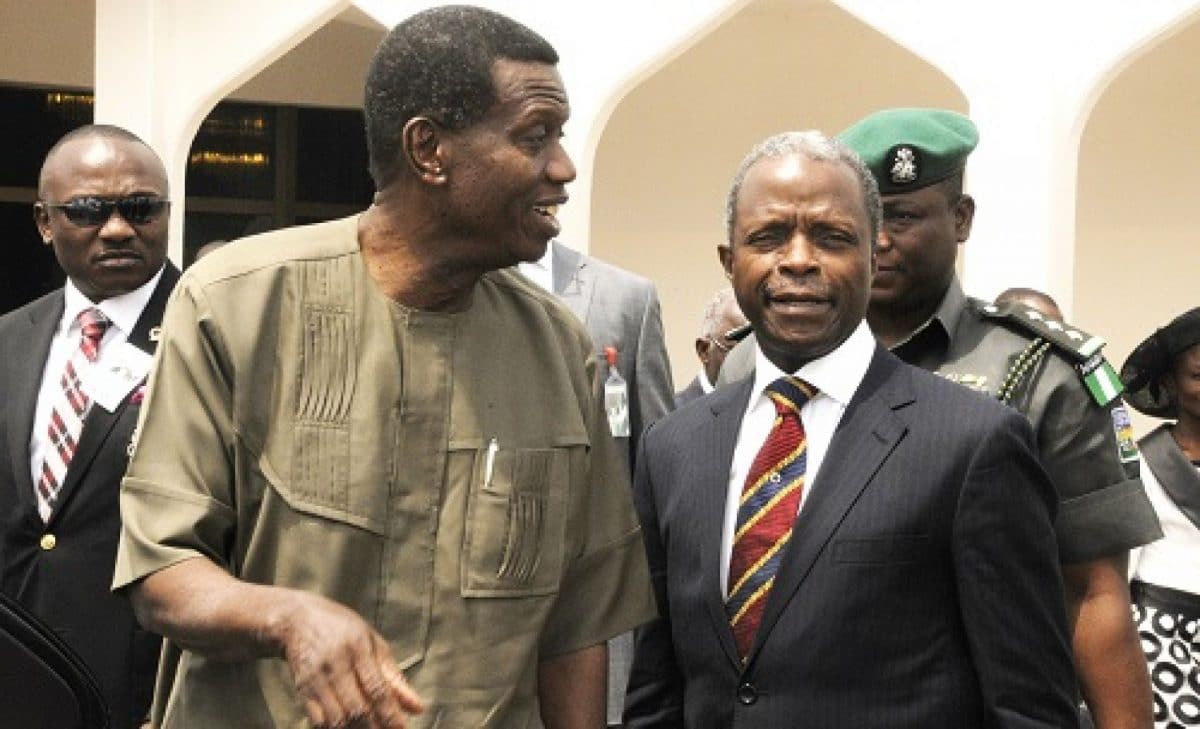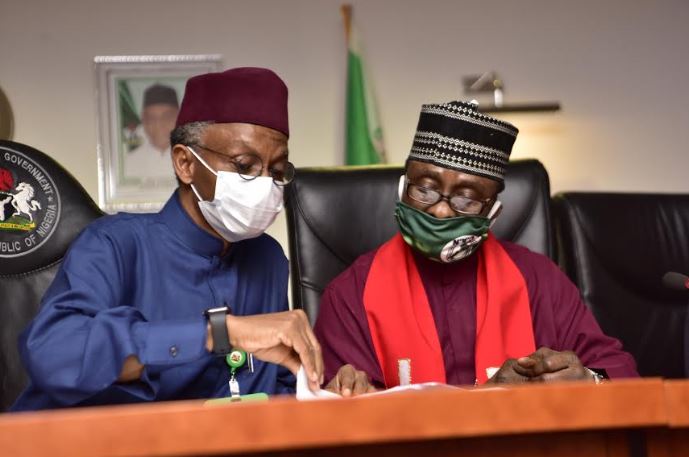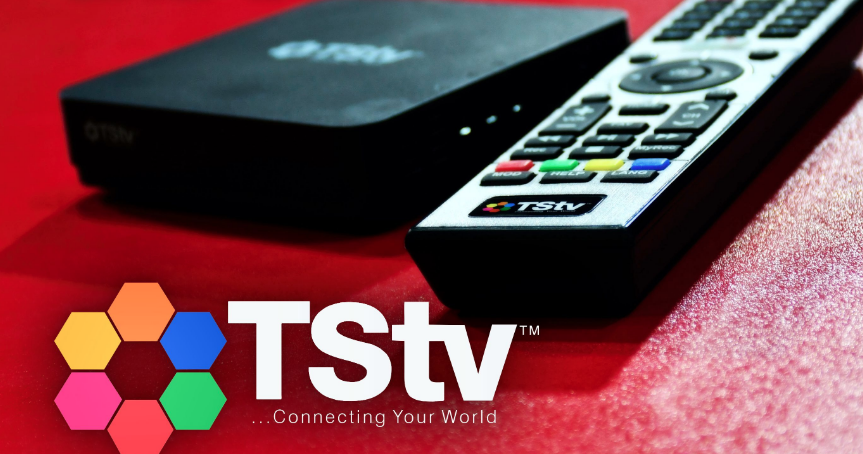When Klaus Schwab established the European Management Forum (EMF) in January 1971, his dream was only about Europe. The Management Professor was spurred on by his deep knowledge of contemporary management issues and with a large Filofax to boot, he invited 444 business executives to the first European Management Symposium at which all matters European were discussed. By 1971 President Richard Nixon was already toying with the idea of exiting the ‘new Gold Standard’ that required every other major country to keep their reserves in the US Dollar, which in turn was benchmarked – or backed – with Gold, at $37 an ounce.
The production of gold could hardly keep up with the amount of reserves pouring into the US Dollar since 1945 when the Bretton Woods, New Hampshire agreement was reached. So, by 1973, the Gold Standard was dead and currency management became a free-for-all. Countries had to figure out how to respond to the new regime. This was the first time Schwab thought of inviting other stakeholders from far and near. In 1974, political leaders were invited for the first time. However, it wasn’t until 1987, 16 years after its establishment that the EMF changed its name to World Economic Forum (WEF). By then the body had extended its remit into global macroeconomic issues, multilateralism and international conflict resolution, prompting the WEF to invite leaders from all over the world; leaders who in turn saw the platform as a great global opportunity to project themselves and their countries, and to garner deals were possible.
I was actually surprised the day I found out that the WEF is not only a private initiative, but in fact, one man’s concept. With the profile that the forum now commands, it has become arguably the most-respected policy institution in the world; a must-visit for every serious world leader in the biting winter of Davos, Switzerland every other January. It doesn’t matter how big or small the country is, or who is a superpower and who isn’t, everyone wants to get involved and be seen. The example of the WEF is a great example in seizing initiative and being consistent. However, it is never easy to grow so large and become so strategically important, such as to be able to pull the most powerful people on earth. Back in the day I could have sworn that the WEF was a subsidiary of say the World Bank, or perhaps United Nations. The success of this organization reminds us that there are always windows of opportunity in any society or economy or indeed the world, waiting to be exploited and filled. In Nigeria today, in this age of social media, there are a few platforms that professionals have created on WhatsApp and elsewhere. Some have been able to remain alive and I belong to a few, such as AfricaThink, Professionals Discourse, Dukes Summit, Policy and Prosperity Panel, Oil, Gas and Power Forum, Keynesian Economics, among others. The story of WEF confirms to us, that indeed as Sun Tzu, the ancient Chinese philosopher stated, “the bold, shall rule the world”. Any of these online forums mentioned above could dust themselves up, and through the power of vision and commitment, become overnight policy linchpins and boiling pots for Nigeria and beyond. Courage.
Before the era of social media Nigeria has also seen a few instances where professionals came together for the sake of saving the nation, or trying to set political and/or economic agenda. I recall The Patriots, Concerned Professionals, G34 and so on, who occupied mostly the political space and some of whom wrestled the military alongside their political counterparts. Today, there are even more platforms on social media, hoping to fuse into political parties at some point.
Advertisement
The Nigerian Economic Summit Group (NESG) happens to be the most prominent of the economic coalitions of professionals as it has survived for 28 years presently. Founded in 1993, the NESG has an advantage over WEF in that it has never been a one-man show. A broad coalition of Nigeria’s top professionals and public policymakers came together to express great foresight, promote free-market economy, encourage private sector investment and to try and establish an economic foundation for democracy. It was Chief Ernest Shonekan, (who would later become the Head of Nigeria’s Interim Government), who pulled together financial and economic, and bureaucratic juggernauts like Pascal Dozie, Dick Kramer, Shamsudeen Usman, Felix Ohiwerei, Ahmed Joda, Kalu Idika Kalu, Bunmi Oni, Mohammed Hayatudeen, Philip Asiodu, Joseph Sanusi and others, to form a solid intellectual foundation for this initiative. It was just as well, for only such a broad coalition of accomplished people could be sustained in our fragile environment.
The World Economic Forum, under the leadership of Klaus Schwab, has been around for 49 years, but as famous as the institution is, and with the global reach, it has not escaped scathing criticisms. The WEF has been accused of taking undemocratic decisions, of being a one-man show, of financial opacity, gender imbalance and of course that its ideology promotes global inequality. For sure, any successful organization cannot but attract scrutiny and criticisms, and so off the cuff, the NESG in Nigeria has been accused of not adequately impacting Nigeria’s economic policies, being aloof from the common man, not engaging attendees enough and transforming into a mere annual talkshop. The NESG recently put out a compendium of its achievements, some of which I will consider below. I think we need to think deeper about issues such as this. I have attended a few summits myself and I realise that because of the growing crowd of attendees, many delegates end up not being directly engaged in any of the subcommittees and being left to be mere sitting spectators. How can the NESG continue to transform itself?
We saw how the present government in Nigeria delayed the formation of an economic advisory team for years. Perhaps in the eyes of many politicians, economic thought is so esoteric as not to make much meaning. Chances are also that economistseasily lose their audience in the maze of theories, highfalutin jargon, and imported postulations. There is also the problem with ideology. I align with Lee Kuan Yew, the legendary benevolent dictator of Singapore, whose MPH principle, according to Kishore Mahbubani, stood for Meritocracy, Pragmatism and Honesty. The pragmatist ideology led Singapore to look out for that which is good in Capitalism and Socialism and any other isms, so long as such policies work best for Singaporeans. Do economic forums like NESG box themselves into a corner and raise suspicion from often left-leaning politicians because they step out waving the liberalism flag? Are there any good ideas that can be rescued from the other side that have instead been alienated by NESG?
Advertisement
Still the NESG – in my view – has been of immense good to the Nigerian economy. I should probably list out some of what we have benefited from the existence of at least one solid economic thinktank that gained national prominence and has shown staying power:
1. Relative policy stability which may have been absent if we had no such thinktank
2. Relative adoption of tested economic policies which government operatives may have picked up from attending the summits or through policy papers.
3. Refinement of government policies which may have fared worse at implementation stage had there not been policy thinktanks.
4. Representation on a global front. The presence of a NESG means that a non-governmental economic front exists which basically represents Nigeria and that has its benefits. This has helped to project Nigeria globally on several occasions.
5. The networking advantage – A platform for the interaction of serious professionals from inter and intra the public and private sector is always an advantage and with sometimes immense advantages.Many deals have been struck and consummated at many NESG meets.
6. Appointment of NESG members to key economic positions in Nigeria’s Federal and State Governments, leading to gradual improvements in the policy space.
The NESG scores herself high marks but acknowledges that the largest room in the world is the room for improvement. A process of self-introspection had since been instituted, culminating in periodic assessment of the impact that the forum has had on policy in Nigeria over time.
A catalogue of past summits shows the following themes:
1993 – Nigeria’s New Frontiers and the National Philosophy for the Modern Nigerian Economy
1996 – Unlocking Nigeria’s Economic Potential
1997 – Implementation of Vision 2010
1998 – The Challenge of Implementing Vision 2010
1999 – Rebuilding the Nigerian Economy and Enhancing Productivity
2000 – Breakthrough Economic Growth: An Action Plan
2001 – Nigeria’s Economic Priorities: How do we deliver?
2002 – Nigeria: Putting the Economy First
2003 – Nigeria: Partnering for Growth and Transformation
2004 – Partnering to Improve the Economic Environment
2005 – Building Momentum for Economic Transformation and Growth
2006 – Sustaining Reforms and Unlocking Nigeria’s Potential
2007 – Positioning for the top-20 league: Creating Favourable Business Climate
2008 – The race to 2020: The Realities, The Possibilities
2009 – Scorecard of Nigeria’s Economic Progress: Bridging the Implementation Gap
2010 – Nigeria at 50: The Challenge of Visionary Leadership and Good Governance
2011 – Attracting Foreign Direct Investment through Global Partnerships
2012 – Deregulation, Cost of Governance and Nigeria’s Economic Prospects
2013 – Growing Agriculture as a Business to Diversify Nigeria’s Economy
2014 – Transforming Education through Partnerships for Global Competitiveness
2015 –Tough Choices: Achieving Competitiveness, Inclusive Growth and Sustainability
2016 – Made in Nigeria
2017 – Opportunities, Productivity and Employment – Actualising the Economic Recovery Growth Plan
2018 – Poverty to Prosperity: Making Governance and Institutions Work
2019 – Nigeria 2050: Shifting Gears
A qualitative review of the themes above shows that the NES Summits have transited and grown over the years, from considerations of general economic principles and broad concepts, to pushing for specific progressive agenda in latter years and now, has assumed a futuristic stance. The forum has also sometimes set agenda based on global events but at other times, looked inwards and drawn reference from specific local events.
ACHIEVEMENTS
NESG lists among its achievements, its impact on the development of Nigeria’s Vision 2010 and 2020, Central Bank of Nigeria’s autonomy, entrenchment of policy analysis, the formation of NEEDS and SEEDS in the years 2006/7 under the Obasanjo government, the acceleration of reforms in the telecoms sector leading to the birth of GSM companies and the transformation of telephony in Nigeria, sweeping banking reforms leading to the creation of the Assets Management Company (AMCON), power sector reforms, rail sector reforms, and the evolution of a National Infrastructure Master Plan – policies which emanated from the uptake by government of some of its resolutions, communications and communiques. The collaboration between public and private sector in agenda-setting which is built into its modus operandi must have been very helpful.
Other achievements according to the NESG include the delivery of a long term economic agenda culminating in the year 2020 document, development of investment promotion strategies, an agricultural transformation master plan, capital market, education, and sugar development master plans, a petroleum industry bill (PIB), power sector reform roadmaps, and road infrastructure, rail sector and tourism master plans. The NESG also provided a powerful platform for the clamor for deregulation policies towards eliminating fuel subsidies, better contracting and value-for-money in government procurements, and the drive towards employment creation and entrepreneurship for Nigerian youths. In recent years, some of the agenda for the NESG has been focused towards reducing cost of governance, developing leadership, diversifying the economy, achieving global competitiveness, and the building of global partnerships. The group claims to have been very instrumental to the marginal achievements that Nigeria has been able to attain with her monetary and fiscal policies.
Advertisement
It couldn’t have been easy work to build coalitions year in year out, develop relationships and nurture networks, set agenda and granulate same into sub-themes, coordinate breakout sessions and plenaries, identify eggheads and industry captains who ensure the development of summit decisions into actionable agenda for government, and so on. NESG has therefore dominated an important policy space in Nigeria, and from the themes it has developed over the years, it is evident that the institution itself is evolving and getting better, learning from past missteps and wrong assumptions, fitting its aims better with the core challenges of Nigeria, all the while ensuring that Nigeria and its people remain at the core of its existence. The NESG has created a very important anchor for the Nigerian socio-economy, as the largest yearly gathering for the brainstorming of the best intellectuals in Nigeria, as well as the country’s top businessmen. Perhaps the best way to challenge the NESG is to set a global agenda for the organization – because if the WEF, driven by Schwab and greatly criticized for its unitary system of decision-making can achieve it, one wonders why not the NESG with a much more solid corporate governance, proven over 28 years. Nigeria does have a plethora of challenges, social, political and economic. Some may even argue that the best laid plans of the past 28years have amounted to little on ground. But a second, deeper look may prove otherwise. It is time for the NESG to consider how to leverage its influence in the sub-region, Africa, and the world.
One day, in the near future, the NESG may just anchor the very developmental thrust of this country and project her importance in the comity of nations. No other Nigerian body comes close for now, but competition may even bring out the best in everyone. Nigeria direly needs a push, and an implementation of policies proposed by our best brains, year in year out. NESG is certainly a value-adding concept that needs all of our support.
Tope Fasua is an Economist. He writes in from Abuja
Views expressed by contributors are strictly personal and not of TheCable.
Add a comment

